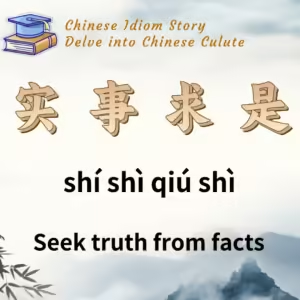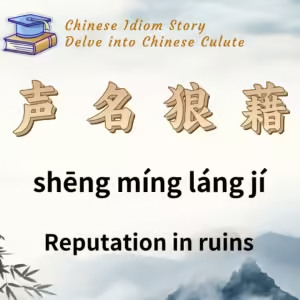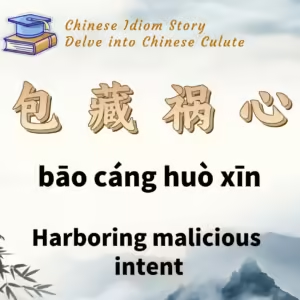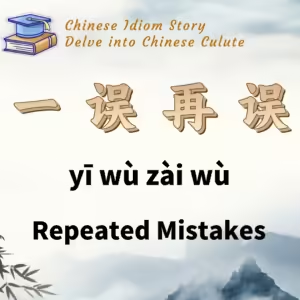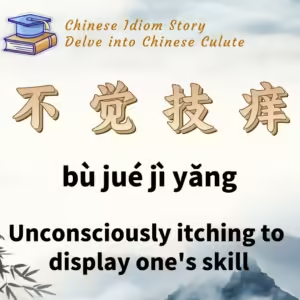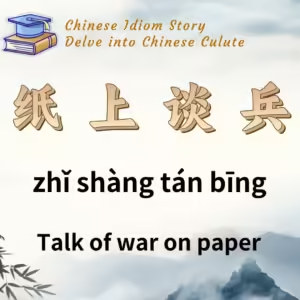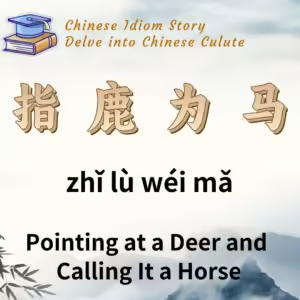
Chinese Idiom: 指鹿为马 (Zhi Lu Wei Ma)
English Translation: Pointing at a Deer and Calling It a Horse
pīn yīn: zhǐ lù wéi mǎ
Idiom Meaning: This idiom is used to describe the act of deliberately misrepresenting or confusing truth and falsehood with malicious intent. It highlights the manipulation of facts to achieve personal gain.
Historical Source: Records of the Grand Historian (史记) – Annals of Qin Shi Huang
Idiom Story:
In 210 BC, after the death of Qin Shi Huang, the powerful eunuch Zhao Gao conspired to prevent the emperor’s eldest son, Fusu, from ascending the throne. Instead, he intended to install the emperor’s younger son, Hu Hai, as the new ruler. To execute this plan, Zhao Gao concealed the news of the emperor’s death and fabricated an imperial decree stating that Fusu was to be executed and Hu Hai would be appointed as crown prince.
After announcing the death of Qin Shi Huang, Hu Hai, now emperor (known as Qin Er Shi), unwittingly became a puppet for Zhao Gao, who subsequently assumed the role of prime minister, consolidating his power.
However, Zhao Gao desired more power and sought to eliminate anyone who might oppose him. To gauge the loyalty and obedience of the court officials, he devised a cunning test. One day, during a court assembly, Zhao Gao brought in a deer and presented it to Emperor Hu Hai, claiming it was a rare horse.
Emperor Hu Hai, noticing the obvious discrepancy, remarked, “Prime Minister, this is clearly a deer. How can you say it is a horse?” Ignoring Hu Hai’s comment, Zhao Gao loudly asked the assembled officials, “Is this a deer or a horse?” Many officials, fearing Zhao Gao’s power, remained silent; some even flattered him, saying, “It must be a horse; I’ve seen horses like this before!” A few honest officials, however, stood their ground and insisted, “It is a deer, not a horse.”
This incident revealed to Zhao Gao that those who told the truth would not easily submit to his authority. He swiftly moved to eliminate dissent, falsely accusing these honest officials of various crimes—some were exiled, others imprisoned, and many were secretly murdered. This instilled even greater fear among the courtiers, consolidating Zhao Gao’s tyrannical grip on power.
The idiom serves as a cautionary tale about the manipulation of truth and the dangers of tyranny, illustrating how power can corrupt and lead to the distortion of reality.

